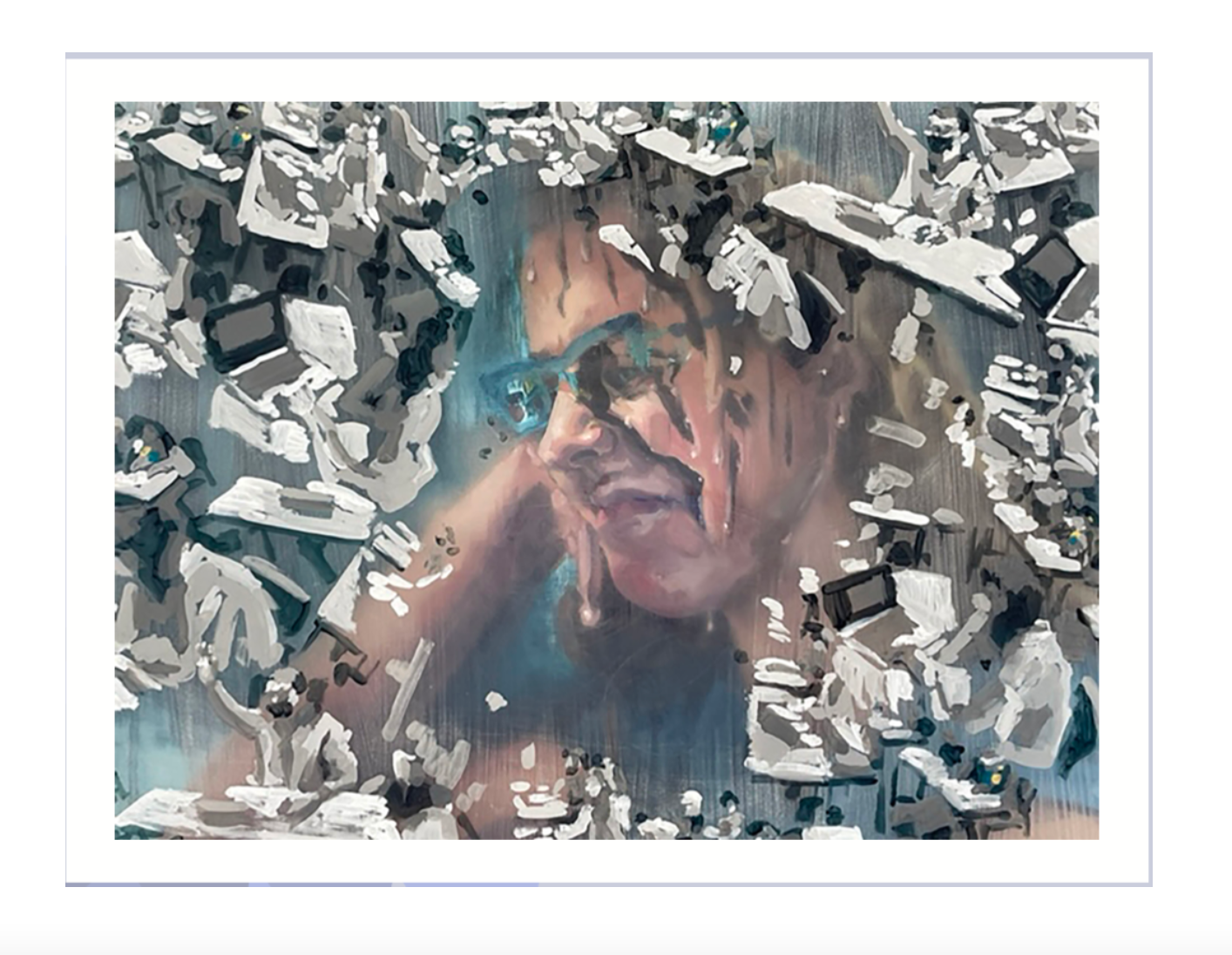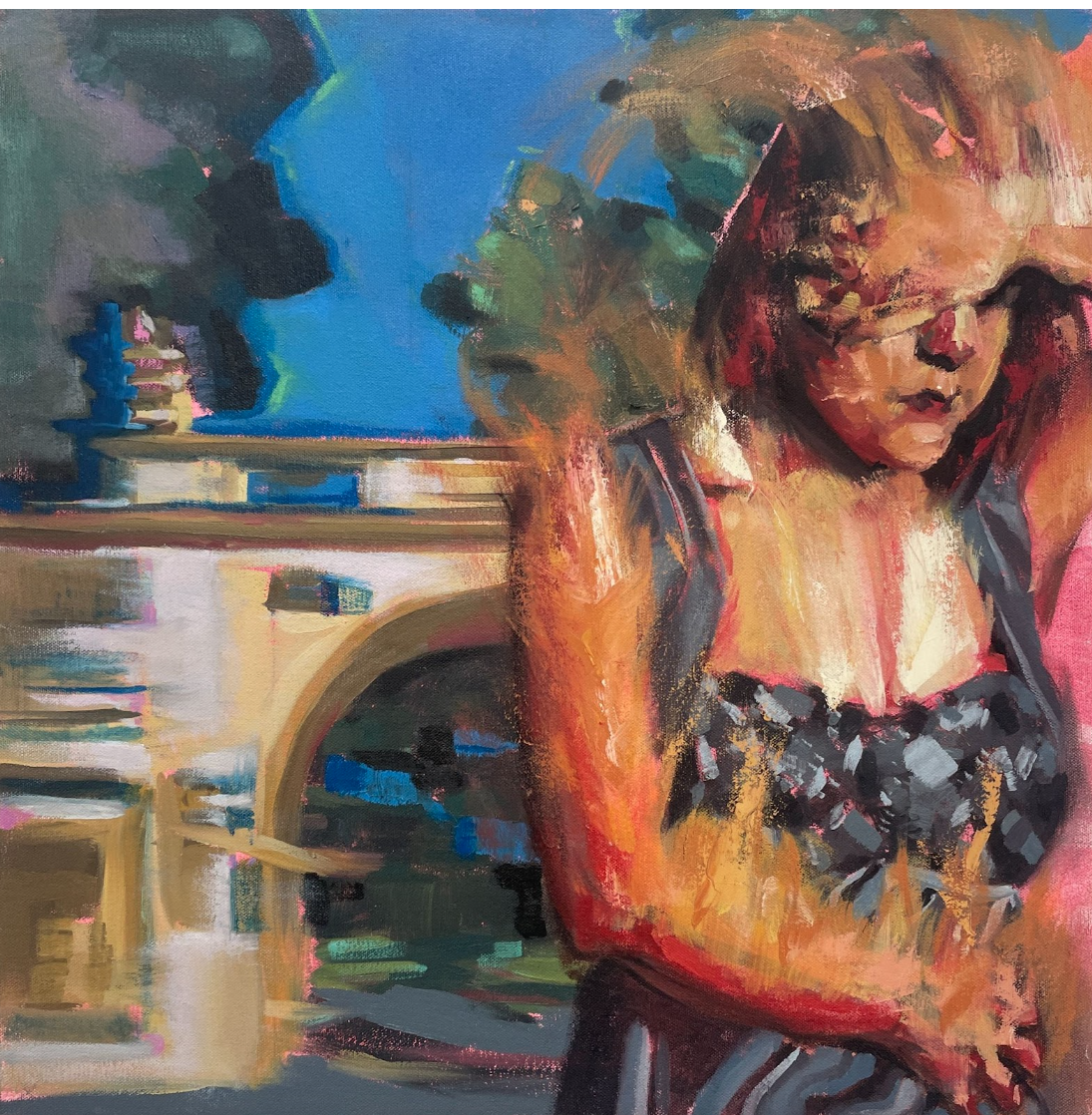The New College thesis, although daunting, is a rite of passage into graduation. Students take their projects to creative depths in order to spread their message—some even add a highlight on trauma, disability or mental illness in order to connect personally to their thesis. Although these subjects are particularly challenging, they often become great works of writing, art or research.
Take for example, thesis student and Creative Writing Area of Concentration (AOC) Oceanna “Oci” Krasny, whose project’s themes include experimental poetry and decolonizing language.
“My current running title is Scars on an Hourglass,” Kransy said. “I am really excited about it, and I am interested in discussing content and form, especially in relation to some themes about shape.”
When developing a thesis, New College students are often asked how their thesis will affect readers. For example, research-based theses are public dissertations that can be widely interpreted and discussed among the community.
“The overall message I’d love for people to come away from my project with is empathy, hope and centered connection,” Krasny said. “I am discussing a lot of themes in trauma that are very hard for me, but I’m so happy I have come as far as I have and am not giving up!”
When dedicating a long period of time to a project, there are obstacles that students might face during the process. This may come in the form of subject changes, lack of support, research difficulties and personal struggles. When it comes to thesis student and Art AOC Fae Borodiansky, their obstacles were showcased within their thesis. Borodiansky created a series of paintings that relate to the topic of invisible disability and how it affects the lives of those with such illnesses.
“The opportunity for others to empathize with the experiences of those with these illnesses will, I believe, pave the way for social change that would make accommodations and acceptance of chronic illnesses a mainstream consideration,” Borodiansky said.
The series of oil and acrylic paintings, titled “See Us,” allowed Borodiansky to share their message with the audience with a visual of how it feels to live with invisible disabilities. It is important to recognize fall graduates’ effort into their final projects. Not everything is smooth sailing when creating a thesis project.

“My chronic illness often threw a wrench in my plans, forcing me to play roulette at times with my body and my workload,” Borodiansky stated when asked about the most challenging part of the thesis process.
Whether it be the stress of an upcoming deadline or personal struggles, balancing a thesis upon an impending graduation deserves recognition. Now that the fall graduates’ work is almost complete, emotions are when facing the long-awaited college graduation.
“It feels unreal,” said Borodiansky. “I still cannot quite believe it.”
If you are interested in past thesis work, research from the dates 2008-present can be found on the online thesis archive.

